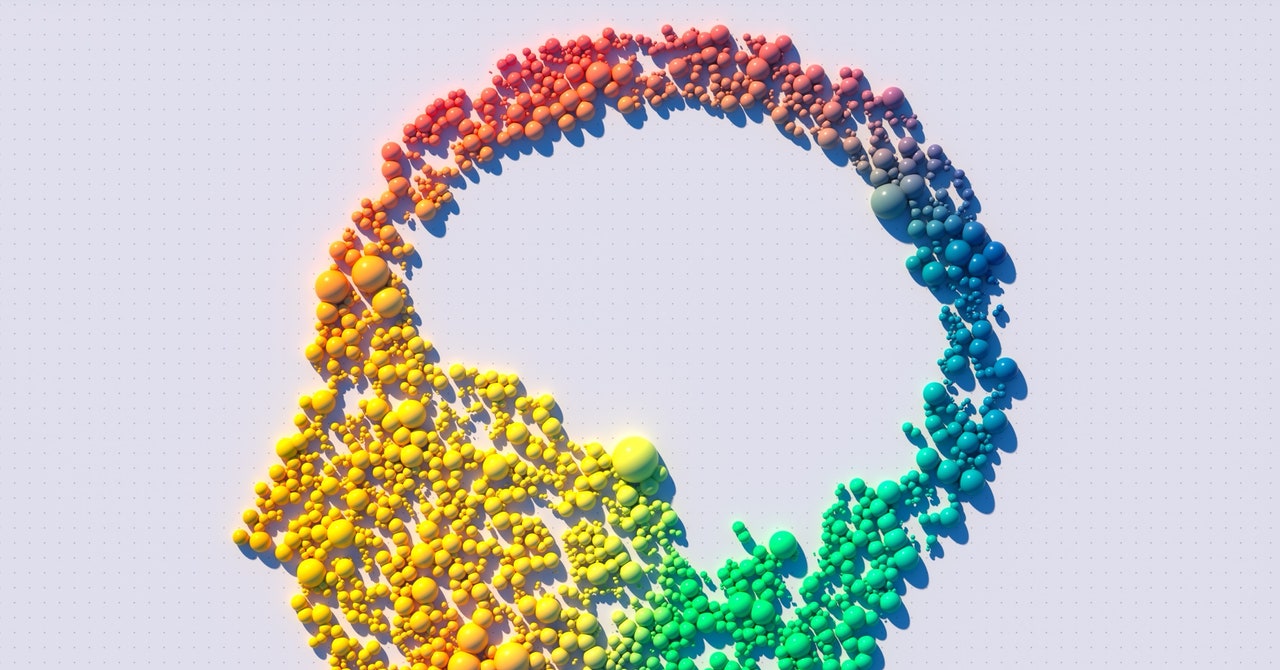
Making these instruments work collectively will probably be key to this idea taking off, says Leo Gebbie, an analyst who covers linked gadgets at CCS Insight. “Rather than having that sort of disjointed experience where certain apps are using AI in certain ways, you want AI to be that overarching tool that when you want to pull up anything from any app, any experience, any content, you have the immediate ability to search across all of those things.”
When the items slot collectively, the concept seems like a dream. Imagine with the ability to ask your digital assistant, “Hey who was that bloke I talked to last week who had the really good ramen recipe?” after which have it spit up a reputation, a recap of the dialog, and a spot to seek out all of the components.
“For people like me who don’t remember anything and have to write everything down, this is going to be great,” Moorhead says.
And there’s additionally the fragile matter of retaining all that private data personal.
“If you think about it for a half second, the most important hard problem isn’t recording or transcribing, it’s solving the privacy problem,” Gruber says. “If we start getting memory apps or recall apps or whatever, then we’re going to need this idea of consent more broadly understood.”
Despite his personal enthusiasm for the concept of private assistants, Gruber says there is a danger of individuals being slightly too prepared to let their AI assistant assist with (and monitor) all the pieces. He advocates for encrypted, personal providers that are not linked to a cloud service—or if they’re, one that’s solely accessible with an encryption key that is held on a person’s machine. The danger, Gruber says, is a type of Facebook-ification of AI assistants, the place customers are lured in by the benefit of use, however stay largely unaware of the privateness penalties till later.
“Consumers should be told to bristle,” Gruber says. “They should be told to be very, very suspicious of things that look like this already, and feel the creep factor.”
Your telephone is already siphoning all the information it could possibly get from you, out of your location to your grocery procuring habits to which Instagram accounts you double-tap probably the most. Not to say that traditionally, folks have tended to prioritize comfort over safety when embracing new applied sciences.
“The hurdles and barriers here are probably a lot lower than people think they are,” Gebbie says. “We’ve seen the speed at which people will adopt and embrace technology that will make their lives easier.”
That’s as a result of there’s an actual potential upside right here too. Getting to truly work together with and profit from all that collected information may even take among the sting out of years of snooping by app and machine makers.
“If your phone is already taking this data, and currently it’s all just being harvested and used to ultimately serve you ads, is it beneficial that you’d actually get an element of usefulness back from this?” Gebbie says. “You’re also going to get the ability to tap into that data and get those useful metrics. Maybe that’s going to be a genuinely useful thing.”
That’s type of like being handed an umbrella after somebody simply stole all of your garments, but when firms can stick the touchdown and make these AI assistants work, then the dialog round knowledge assortment could bend extra towards do it responsibly and in a method that gives actual utility.
It’s not a wonderfully rosy future, as a result of we nonetheless must belief the businesses that in the end determine what components of our digitally collated lives appear related. Memory could also be a basic a part of cognition, however the subsequent step past that’s intentionality. It’s one factor for AI to recollect all the pieces we do, however one other for it to determine which data is vital to us later.
“We can get so much power, so much benefit from a personal AI,” Gruber says. But, he cautions, “the upside is so huge that it should be morally compelling that we get the right one, that we get one that’s privacy protected and secure and done right. Please, this is our shot at it. If it’s just done the free, not private way, we’re going to lose the once-in-a-lifetime opportunity to do this the right way.”






